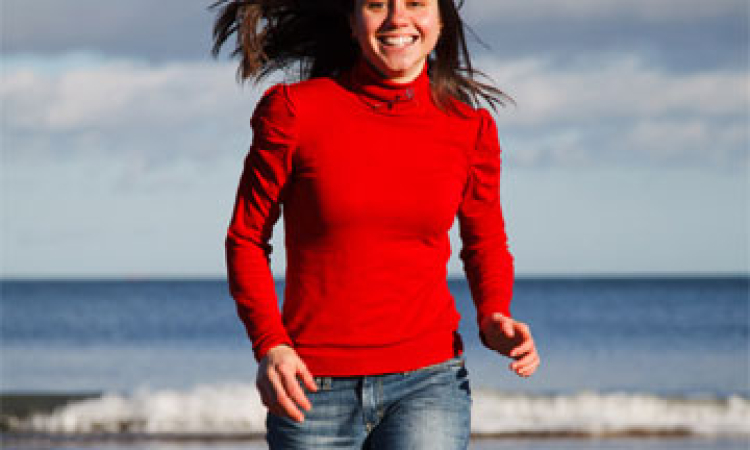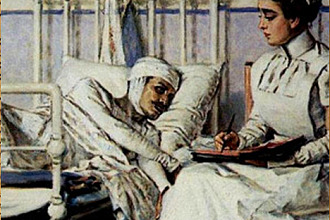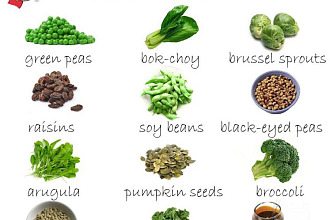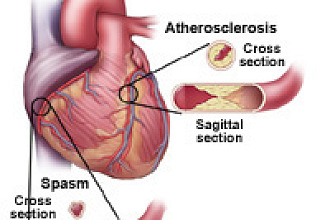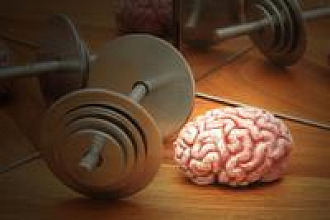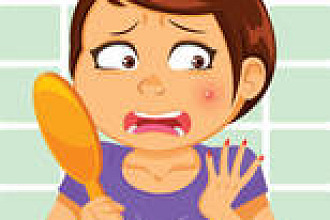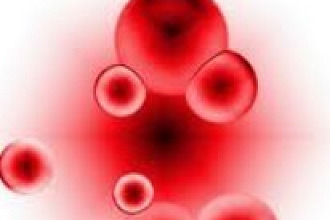If you experience an unpleasant creepy–crawly, tugging, or pulling sensation in your legs, and an irresistible urge to move them—especially when you lie down to rest—you may suffer from restless legs syndrome (RLS). This neurological disorder is thought to be caused by an iron deficiency in the brain, which, in turn, causes an imbalance in the body's production of dopamine, a neurotransmitter that helps regulate signals sent out by the central nervous system. RLS affects up to 10 percent of the population according to the Restless Legs Syndrome Foundation.
A large percentage of RLS sufferers also experience periodic limb movements of sleep (PLMS), which are twitching or jerking movements that occur as frequently as every 20 to 40 seconds during sleep. Not surprisingly, these uncomfortable and disruptive symptoms make it difficult to fall asleep and stay asleep, leading to insomnia. Although it's been known for years that RLS runs in families, last year scientists from Emory University and deCODE Genetics, Inc., in Reykjavik, Iceland, announced they had found the first gene to be associated with RLS.
What to do about it: While medication may be needed for severe restless legs syndrome (doctors tend to prescribe drugs normally used to treat Parkinson disease), sometimes iron, folate, or magnesium supplements can reduce or, in some cases, get rid of symptoms altogether. Jacob Teitelbaum, M.D., author of From Fatigued to Fantastic (Penguin/Avery, 2007), typically prescribes patients with RLS an iron supplement with vitamin C and carefully monitors iron levels in their blood. See an expert: Don't self-treat with supplements, warns Cathy Wong, N.D. "Your health practitioner needs to monitor levels of minerals such as iron in your blood, and any supplements should be taken under your practitioner's care," she says. Cut out alcohol and caffeine: These substances often intensify symptoms, so cutting back—or quitting both entirely—can be helpful.
Get moderate exercise: In a study conducted by Pennsylvania State University and East Tennessee State University researchers, RLS sufferers who completed a 12-week, three-day-a-week program of moderate aerobic exercise (30 minutes of treadmill walking, in which participants aimed to reach 40 to 60 percent of their age-predicted maximum heart rate) and lower-body resistance training (a couple of sets of eight to 10 repetitions each on the horizontal leg press, leg extension, leg curl, hip adduction and abduction, and seated rotary calf press machines) reported a significant improvement in their symptoms compared with the control group who did not exercise. More isn't better, though: Strenuous exercise seems to worsen RLS symptoms.
Originally from here
Written by: Susan Hayes
Posted on ShalomAdventure.com by: Verna Lee Small
Picture: Woman Running by Petr Kratochvil

